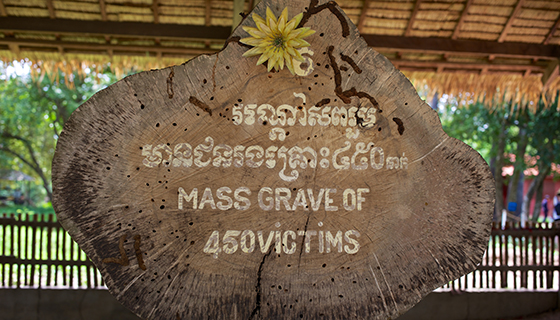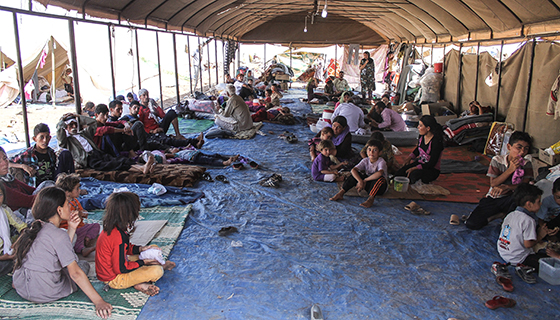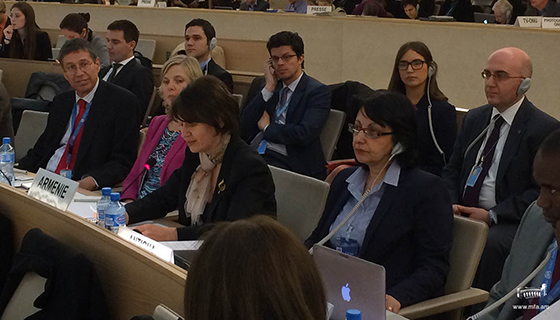|
A Camobodian Genocide memorial
|
100 LIVES: What kind of mechanisms for preventing mass crimes does current international law allow for?
P.K.: The prevention of Genocide crimes (and repressions) is an imperative norm of law (jus cogens). All states have to observe this norm, regardless of whether they signed the convention of 1948 on prevention of repressions and genocide crimes or not. We call such rules erga omnes, meaning that they “apply to all.”
If a state violates the norm, it will be held responsible for the internationally unlawful act. If in the course of agreement negotiations or court procedures we learn that a certain state contravened this provision, and this was officially documented, then any other state, even if it wasn’t directly involved in the Genocide process as a participant or as a victim, can ask the International court to hold the violating state accountable.
100 LIVES: Can we call the violence against the Yazidis in the Sinjar Mountains in 2014 “Genocide” and a “crime against humanity”?
P.K.: In order to answer this question we have to complete some formal procedures: carry out an international investigation, collect the evidence, question the witnesses and so on. All of this is requisite to bring in the indictment. Then the state prosecutor or the prosecutor of the International Criminal Court will have to initiate the proceedings. Only a court of law can qualify these crimes.




